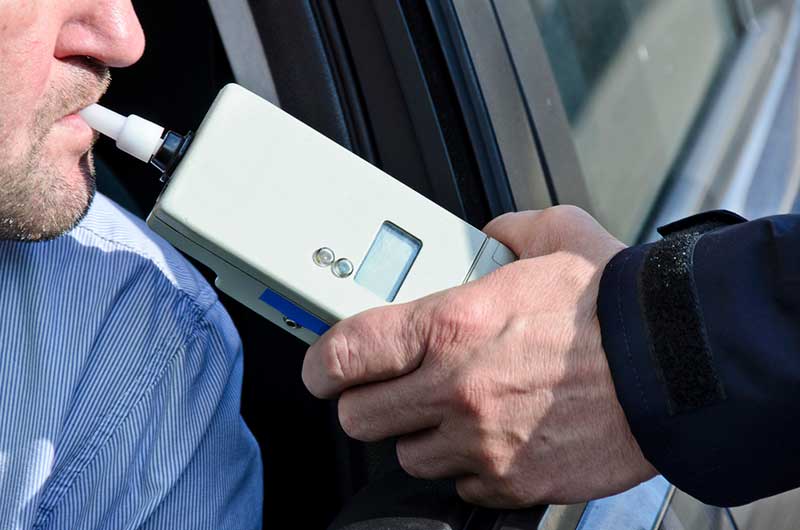If you’re facing a DWI charge in the State of Texas, you’re most likely feeling frustrated, confused, or even annoyed. Because there are so many questions to which you may not know the answer, you might even be a little scared. There’s a good chance you’ll be facing some penalties, and you may not know how bad it’s really going to get. The extent of your punishment will depend on the circumstances of your case, whether it’s your first offense, and whether you have a good lawyer working on your behalf. Here are some common questions that many people ask when they’re faced with a DWI in Texas.

In most cases, it will be a probation. For a misdemeanor DWI charge, it can’t be more than 2 years. But for felonies, the maximum is 10 years. The terms of your DWI probation will be part of a set of statutes, so there isn’t a great deal of room for negotiation in terms of what the court can do once you agree to a probation. Most of the conditions for a DWI probation in the State of Texas will at least include:
-No alcohol.
-Regular drug and alcohol evaluations by a licensed professional.
-A DWI Safety Education course and a Victim Impact Panel.
-A certain number of community service hours.
Be sure to speak to a qualified attorney for more information.
The Texas Department of Public Safety can assess a surcharge to someone based on certain offenses that were committed on or after September 1, 2003. This includes any DWI-related offense. If the Department of Public Safety assesses a surcharge, you’ll be notified by mail. But they don’t replace any suspensions, revocations, denials, disqualifications, or cancellations that resulted from your conviction. Once the charges have been levied, you must pay it within 105 days. Otherwise, they will suspend your license.
It depends of the type of DWI charge you’re facing. If it’s your first offense and you didn’t have a blood-alcohol concentration (BAC) of .15 or higher at the time you were tested, you won’t need to have one installed on your car — that is, unless there are some other extenuating circumstances. But if you had a previous arrest or conviction for a DWI regardless of your BAC, you will have to have one installed. In fact, there are many cases where a deep-lung device (DLD) is required as a condition of a bond, and it’s almost always required if you have any type of Occupational Driver’s License (ODL).
If you were arrested for a DWI and refused to be tested or had a BAC of .08, the officer probably took your license and issued a Notice of Suspension/Temporary Driving Permit (DIC-25). The good news is that your license hasn’t been suspended — at least, not yet. But you need to read this form and the Statutory Warning (DIC-24) in its entirety, because they will tell you if you have the right to request a hearing within 15 days after you received them.
You can request a hearing by phone, fax, or on the DPS website. But your best bet will be to fax it in. Just make sure you get a confirmation sheet or go to the DPS website to print one online.
If you waited too long or missed your opportunity to request an ALR hearing, your driver’s license will automatically be suspended 40 days after you have been arrested for a time period that the court feels is appropriate. It can be either 90 to 180 days for a first offense, but it can be longer if it’s your second or more. That’s why it’s important that you request the ALR hearing after you have been arrested. And if you have been stopped by a police officer while your license has been suspended, you can be arrested and charged with a Class B misdemeanor.
The Texas legislature has made all DWI offenses ineligible for a deferred probation, and it has also made them ineligible for an early release. So, when you’re faced with a DWI in Texas, you have two choices — fight it or plead it. And there are many factors that will determine which course of action is best for you. That’s why you need to hire an experienced DWI attorney.
Be sure get in touch with Gale Law Group for more information.
